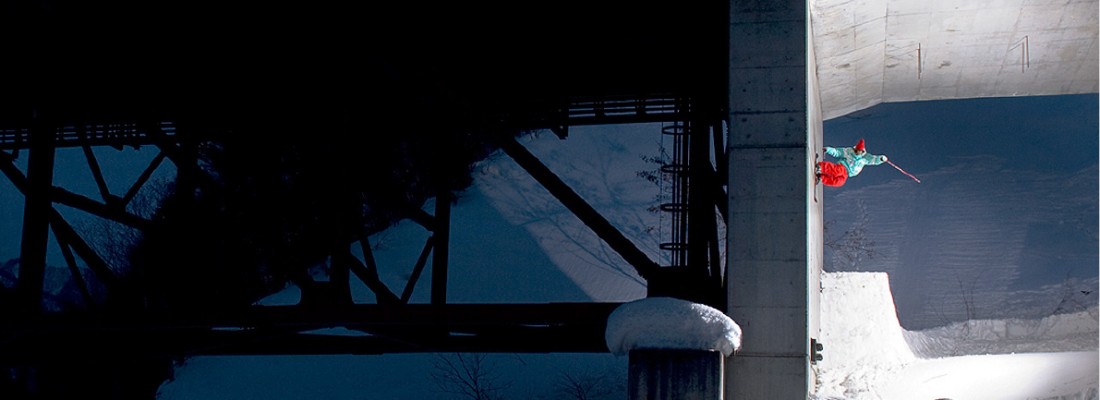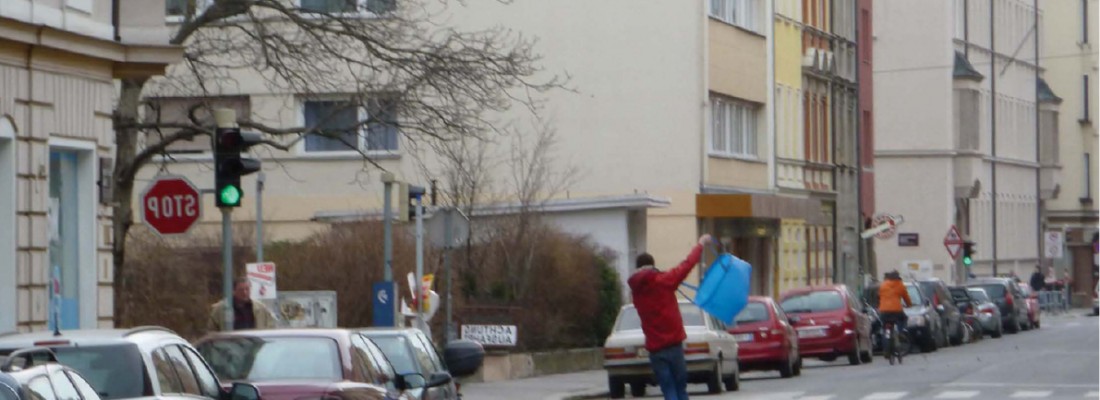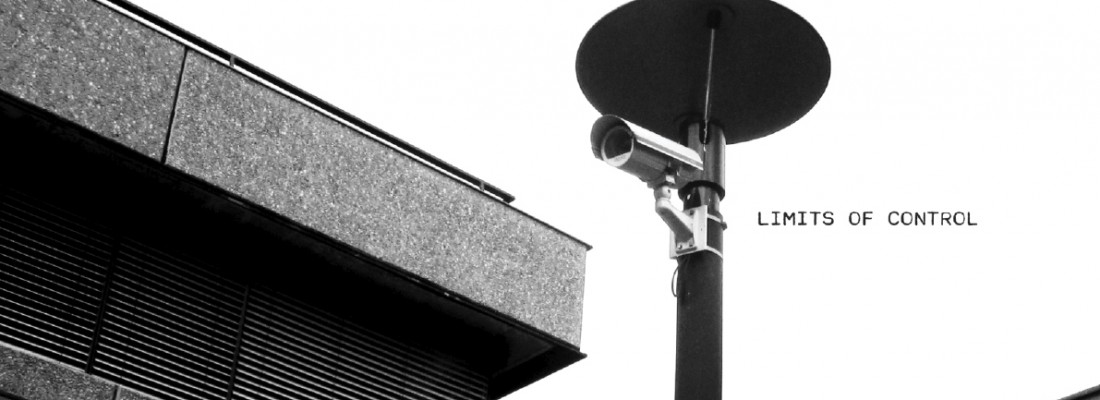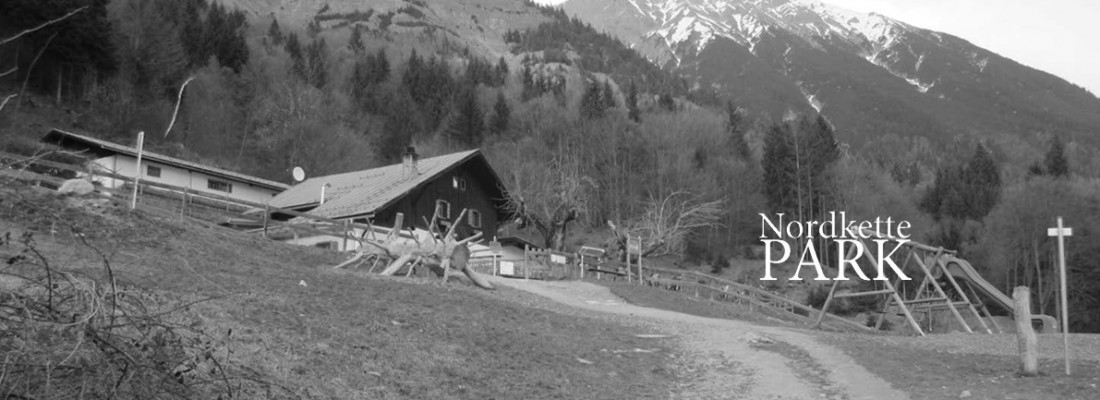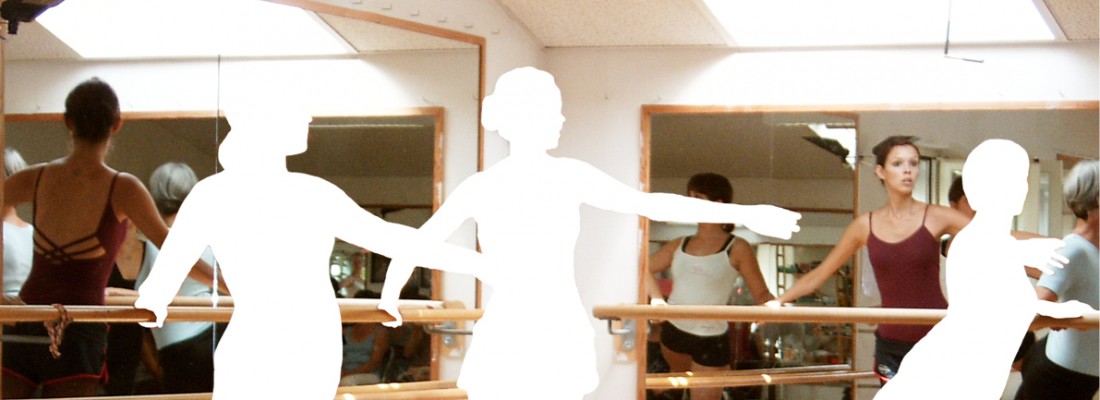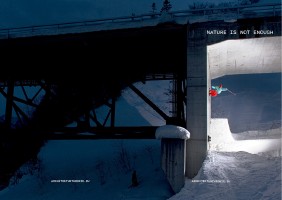
Nature is not enough / Paul Fischnaller
Team Sports are on the Wane and a new breed of sports is taking their place. Extreme Sports are all about attitude, individuality and, above all, pushing everything to the limit. What are Extreme Sports all about? What is it that gets athletes charged up enough to put their lives at risk? Is it all just […]
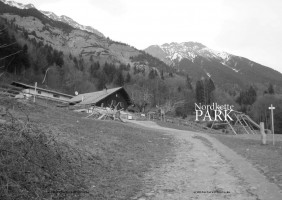
Nordkette Park / Jacqueline O’Brien
Over time, as our cities have come to expand and densify at astonishing levels, city green spaces for which citizens and tourists a-like flood have become much sought after hot spots in any buzzing metropolis. For Innsbruck, in this case, the city green space is the Nordkette – the city’s ever present mountain range and […]
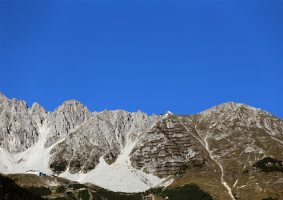
Matchpoint Innsbruck / Bart Lootsma
In the summer semester 2011, the institute for architectural theory and building history of Innsbruck University organized an exceptional design studio for Master students in cooperation with the Royal Melbourne Institute of Technology (RMIT). The project was part of the exchange program with RMIT. Six exchange students from RMIT took part in the courses. Matchpoint.Innsbruck […]
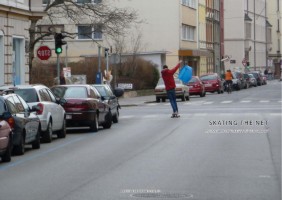
Skating the Net / Michael Stowe
One afternoon in Innsbruck, a skater lifts an Ikea shopping bag high above his head, catches gust of the Furn, and sails down the street at an astonishing speed. An audience of two watches this performance with equal bemusement and awe. Eventually he looses control of his makeshift apparatus, the bag flaps in the dying […]
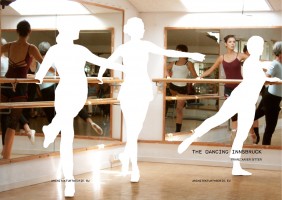
The Dancing Innsbruck / Franz Xaver Sitter
„In dem Dantz seynd die Weiber gantz närrisch, im Dantz gantz frech, im Dantz gantz ausgelassen, im Dantz gantz unverschämt, im Dantz gantz gail, im Dantz ganz vermessen, im Dantz gantz erhitzt, im Dantz ganz resolut, im Dantz gantz offenherzig, im Dantz ganz verhurt.“ (“In dance, women are completely foolish, in dance completely cheeky, in […]
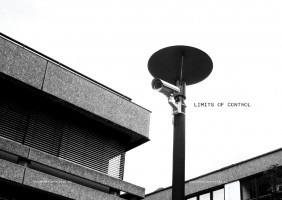
Limits of Control / Thomas Sheehan
Innsbruck exhibits a vast rang of public spaces. Each space is composed of a unique combination of elements from, the type of ownership, level of surveillance, the surface treatment, signage, the use of lighting and type of public art. All these elements influence the behaviour desired by the Architect and the Owner. This sense of […]
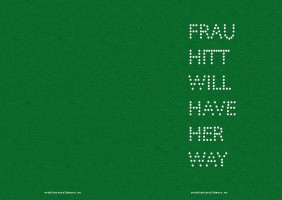
Frau Hitt will have her Way / Clementine Leigh
A long time ago, in a castle near Innsbruck, lived the owner of lots of land with the name of Frau Hitt. Frau Hitt was notorious for her greed, selfishness and lack of feeling. The farmers that worked on her land were paid only little and often abused. Then came a day hunger struck the […]

